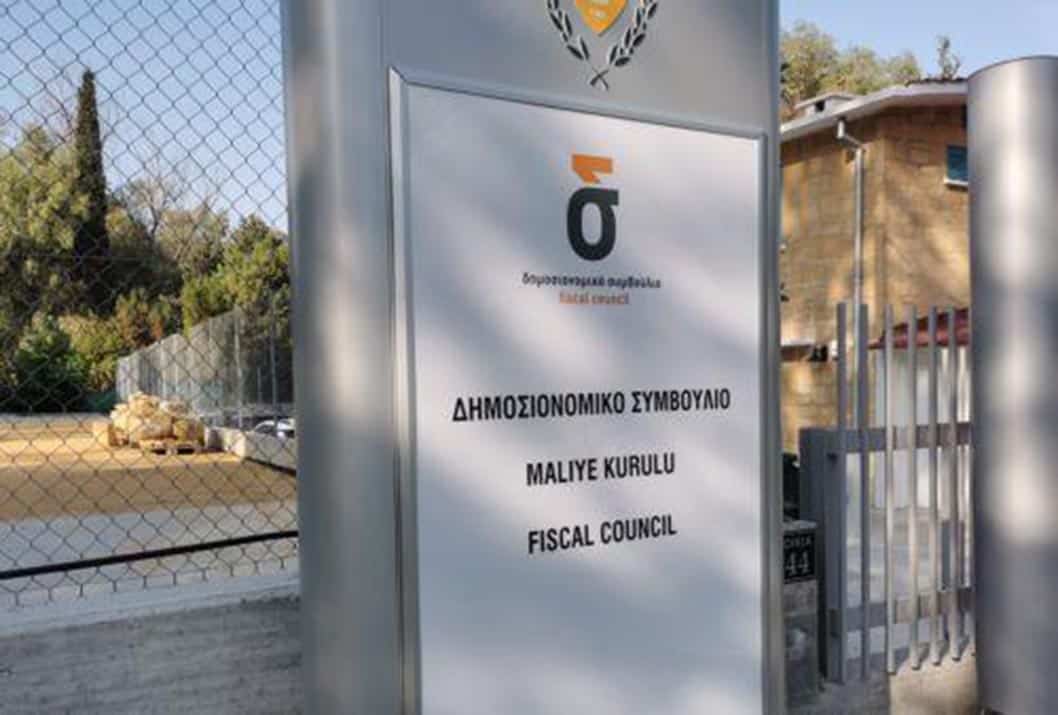By Andreas Charalambous and Omiros Pissarides
In most developed societies, we observe the establishment of institutions that aim at the wider social benefit, through the technocratic assessment of fiscal policies.
Within the EU, one such institution is that of independent Fiscal Councils (FC), which are effectively responsible for monitoring their individual national government’s compliance with the fiscal rules laid down by the EU’s Stability and Growth Pact. While a number of countries have a longer tradition in this area (particularly Sweden whose FC dates back to 2007), the EU required, through the Two-Pack Regulations, that euro area members establish independent bodies by October 2013.
More than ten years later, in the context of discussions on modernizing the EU fiscal governance framework, it is envisaged to further upgrade the role of FCs.
The actual effectiveness of FCs varies between countries depending on: (a) the degree of independence from, and at the same time the degree of cooperation with, each country’s authorities and political parties, and (b) the technocratic ability of FCs to conduct meaningful assessments and long-term forecasts of public finances, as well as to evaluate the course of the economy, the risks that it is susceptible to and communicate to the broad public the need for corrective measures.
In the Nordic countries and in Netherlands, the evaluation of the effectiveness of FCs is particularly positive. In Cyprus, whose FC was set up in 2014, there is potential for further improvement.
When considering the experience of other nations, the example of the British Office for Budget Responsibility (OBR), which was established in 2010, becomes interesting. The main inferences from the British experience may be summarized as follows:
Firstly, staffing and the quality thereof is extremely important. The OBR is headed by the Budget Responsibility Committee that consists of three experts with recognized status and authority who have executive responsibility, including on financial forecasts. The OBR has a permanent staff of 45, an Oversight Board that monitors compliance on matters of governance, risk management and internal controls, an Advisory Panel that helps scrutinize its work programme and forecasting methods, while the OBR also holds periodic roundtables with other thinktanks that possess proven macroeconomic expertise.
Secondly, the actions of the OBR go beyond a mere commentary on fiscal policy. Specifically, the OFR: (a) assesses the government’s performance in relation to fiscal targets, (b) analyses the public sector’s balance sheet and the long-term sustainability of public finances, (c) assesses fiscal risks, (d) scrutinizes tax and welfare policy expenditure in each budget, and (e) produces economic and public finances forecasts twice a year to accompany the autumn budget and the government’s spring statement.
Thirdly, both the work and independence of the OBR have contributed to an increased degree of cooperation between politicians and economists.
A significant number of politicians seem to have understood the importance of rational economic policies, while technocrats/economists seem to accept that the credibility of economic models has limits. These approaches foster a serious public debate and contribute to economic policies which are more sustainable in the long run.
In conclusion, FCs are capable to assist a nation’s economic policies significantly, provided the right foundations are created for their operation and that they remain independent and committed to their primary responsibilities. Even Britain paid a heavy price, when the former Prime Minister Liz Truss chose not to involve the OBR in the assessment of her government’s problematic budget, which ultimately led to her early resignation.
Andreas Charalambous and Omiros Pissarides are economists








Click here to change your cookie preferences